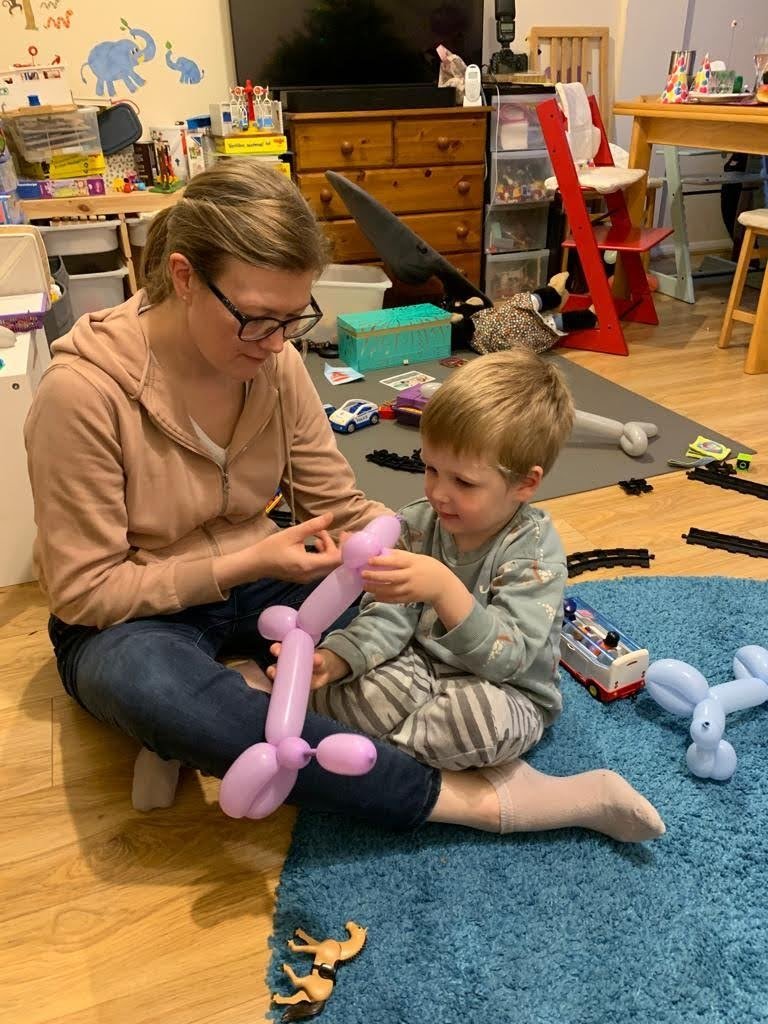It’s Stomach Bug Day, that popular festival aimed at families that comes around several times a year (unannounced). It’s a bit like Michael McIntyre’s Midnight Game Show but with vomit instead of confetti.
Since I’m already in a bad mood, here’s bugbear of mine: when people say empathy is a skill, for example in the context of raising children to be empathetic. Let’s think – what is the definition of a skill? An ability, and one which can be attained and improved with practice (to distinguish things like singing which can be improved but not attained with practice – those are talents).
Then let’s define empathy. It’s the ability to understand what another person or being is feeling and experiencing solidarity with them. How does that match with the definition of skill?

- Is it an ability? Yes – the ability to take in cues from the person’s behaviour and matching those to known expressions of internal feeling. The second part too – experiencing solidarity is an ability.
- Can it be attained or improved with practice? Identifying emotions could probably be both attained and improved this way – they manage to get computers to do it. What about experiencing solidarity? Tough. There is some unknown combination of inner motivation, capacity and call-and-response mechanism, maybe of physical or chemical origin that, as far as I know, can’t be produced synthetically. The computer can recognise you’re likely to be feeling sad based on the way you look, but it can’t be brought to care.
Does that mean children either are or aren’t naturally empathetic and that if they aren’t, they’re doomed to stay that way for the rest of their lives? Yes, that follows. If you don’t have it and it can’t be attained, then you’re stuck. I’ll let the psychologists disagree with me, although this might be a question without a known answer… Can you identify cohorts of people to study who are known to have been unempathetic as children and are still so, and ones who can be shown to have attained empathy at a later stage? Probably not.
But one interesting aspect remains: what if you have a bit of empathy – could you get better with practice? Is empathy binary, you either have it or you don’t, or is it on a scale? I can think of people that seem very empathetic and others whose empathy seems to be under lock and key, but does sometimes come out. Here’s a theory: empathy is a binary thing – you either feel it or you don’t – but you can expand the set of people that you feel it towards.
The main ingredient of empathy is solidarity, the sense that another being is on a basic level the same as you, so if they’re suffering, you’re suffering. You know how much you value the comforts of home, for example – being warm, clean and comfortable – and seeing as you’re people, and homeless people are people (who lack those comforts), you feel for them. But not everyone does – some people perceive that there is something fundamental that separates them from homeless people, and thus they don’t empathise.
So if we want to increase empathy in our children, I think the way to do it is to increase their sense of being similar with other kinds of people – not pointlessly telling them they must empathise with anyone who looks sad.
Be First to Comment